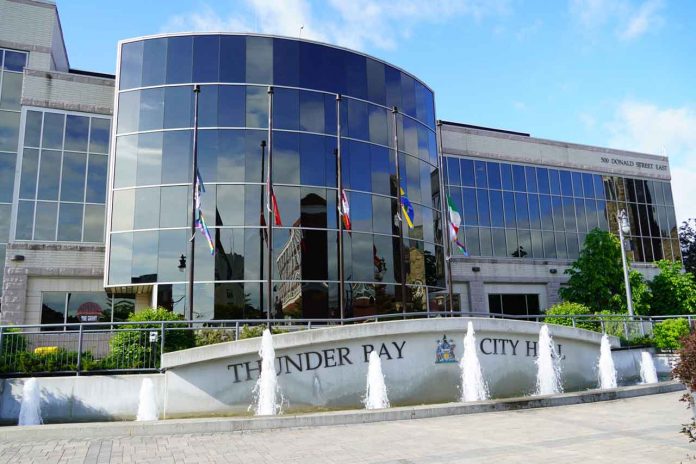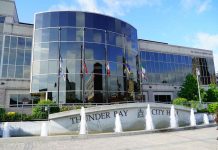THUNDER BAY – POLITICS – Thunder Bay City Administration and Council members were taken aback this week when they discovered that a significant number of short-term rental (STR) properties are not fulfilling their obligations under the Municipal Accommodation Tax (MAT).
During a discussion to increase the MAT tax from 4% to 5%, it was revealed that numerous STRs listed on online platforms like Airbnb are not paying the required tax.
This revelation sparked frustration amongst council members, with Councillor Andrew Foulds questioning how this could go unnoticed for six years, resulting in a significant loss of revenue for the city.
Collecting MAT from STR providers has become increasingly challenging for many municipalities due to the lack of transparency regarding the location of these properties. Online platforms do not collect the tax on behalf of homeowners nor provide municipalities with location data.
To address this, Thunder Bay, like many other municipalities, is advocating for the provincial government to pressure STR providers into collecting MAT and sharing location data to help municipalities enforce compliance.
Estimates suggest that enforcing MAT compliance on STRs could generate an additional $110,000 to $220,000 annually for the city.
The city administration is developing an education plan to inform STR owners of their tax obligations. Additionally, they are partnering with a company specializing in STR compliance services to help municipalities.
Council’s hope is that these combined efforts will lead to increased compliance. If not, stricter regulations, such as mandatory registration for STRs, may be considered.
However, there are concerns about the potential costs of auditing STR properties to ensure compliance. City manager John Collin acknowledged that the cost of the audit function might outweigh the revenue recouped, due to the constantly changing nature of STR listings.
Despite the challenges, the city remains committed to enforcing the law and ensuring fairness across the accommodation sector. The collected MAT revenue, currently at $12.2 million since implementation, is split equally between the city and the Community Economic Development Commission and is utilized for tourism development and promotion.
This ongoing issue underscores the complexities municipalities face in regulating the growing short-term rental market and highlights the need for continued collaboration with provincial authorities to ensure a level playing field for all accommodation providers.






